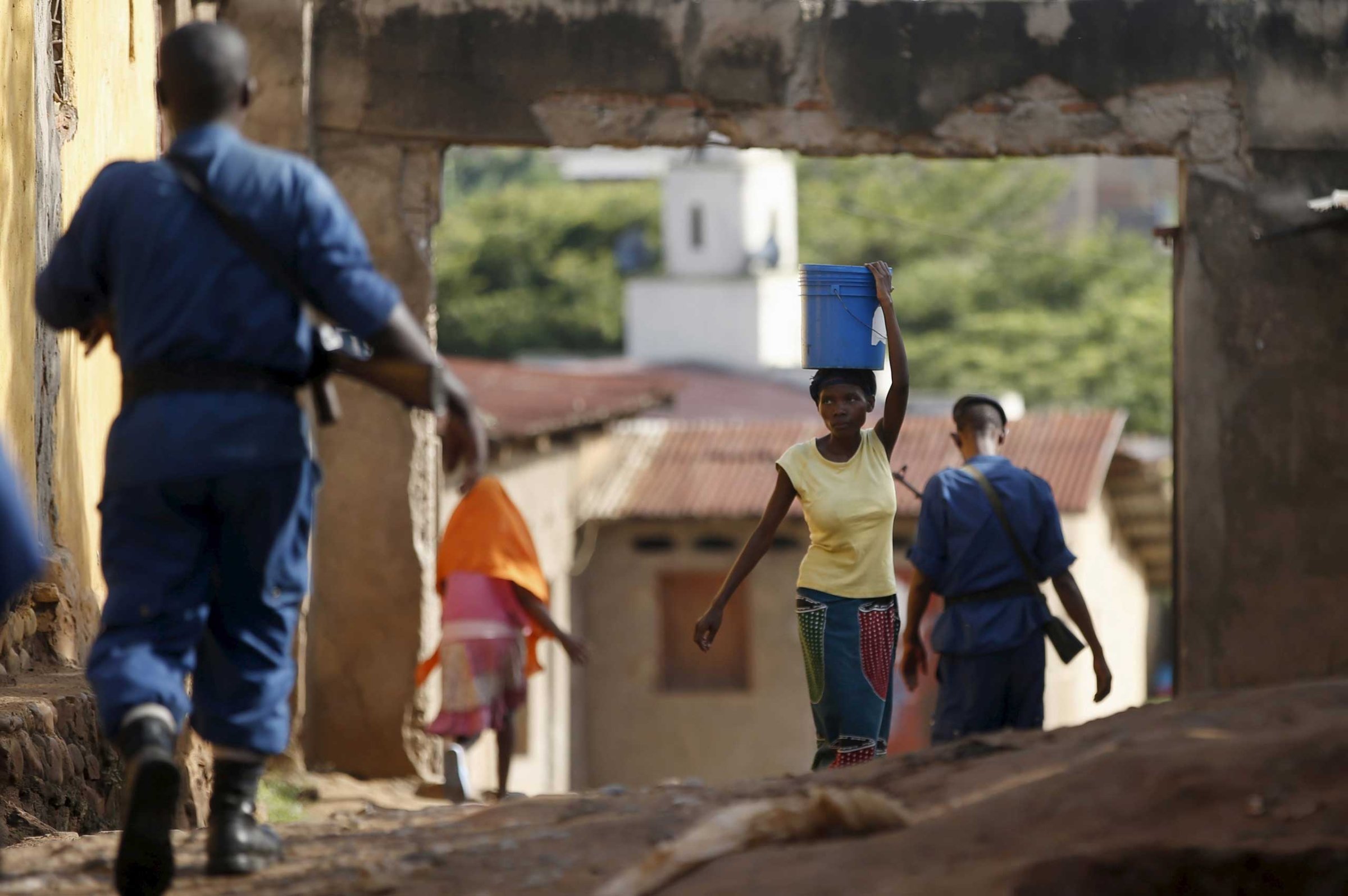
Ambition and ideology, it seems, got the best of Burundian coup plotter Godefroid Niyombare. After nearly 36 hours of chaos and tension, in which a military force divided between those loyal to embattled President Pierre Nkurunziza and soldiers supporting his ouster battled for control of the capital’s airport and media assets, the former intelligence chief was forced to concede that his coup had failed. “We have decided to surrender,” Niyombare told the French news agency AFP in Burundi. “I hope they won’t kill us.” Niyombare is still at large, but the police have detained three other coup leaders. “We decided to give ourselves up,” the coup leaders’ spokesman, Zenon Ndabaneze, told AFP by telephone just seconds before his arrest. “We have laid down our arms. We have called the security ministry to tell them we no longer have any arms.”
The failed coup capped nearly two weeks of unrest in the capital, Bujumbura, as citizens protested the president’s announcement that he would seek a third term in office, despite a constitutionally mandated two-term limit. Elections are scheduled for June 26, though the African Union, citing unrest, has suggested they be delayed. President Nkurunziza and his supporters argue that he has the right to run again because he was not elected for his first term in office, but appointed by parliament. His elevation to the presidency in 2005 came at the conclusion of a devastating 13-year civil war. The hard-won peace accord, negotiated in part by South Africa’s Nelson Mandela, is also clear about term limits. Nkurunziza’s defiance threatens the fragile peace between the President’s ethnic Hutu majority and the country’s Tutsi minority, raising the specter of a return to a war with echoes of the genocidal mayhem that tore neighboring Rwanda apart in 1994. Tens of thousands of Burundians, mostly Tutsi, have already taken refuge in Rwanda.
Protests in Burundi Precede Celebrations After Coup Attempt
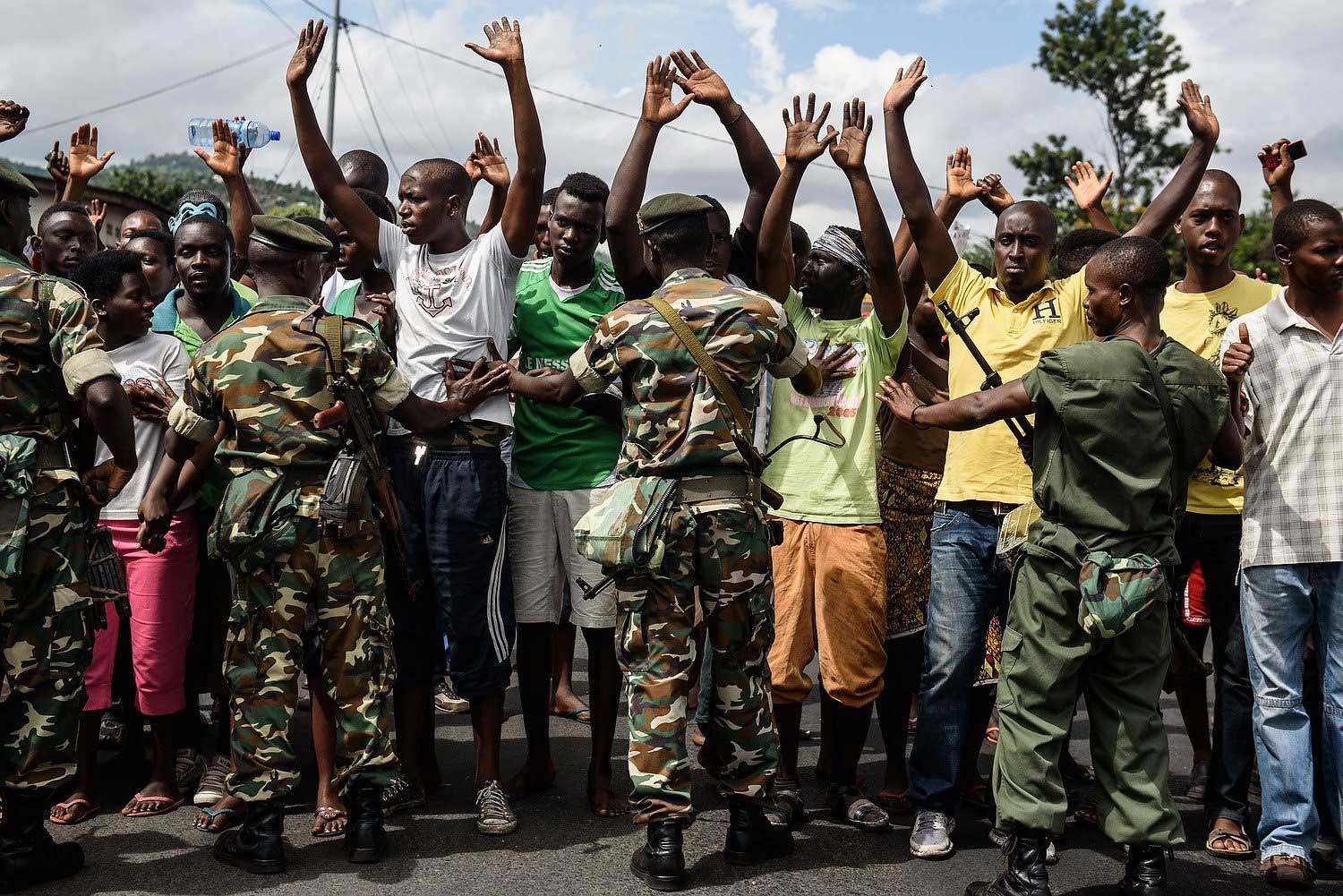
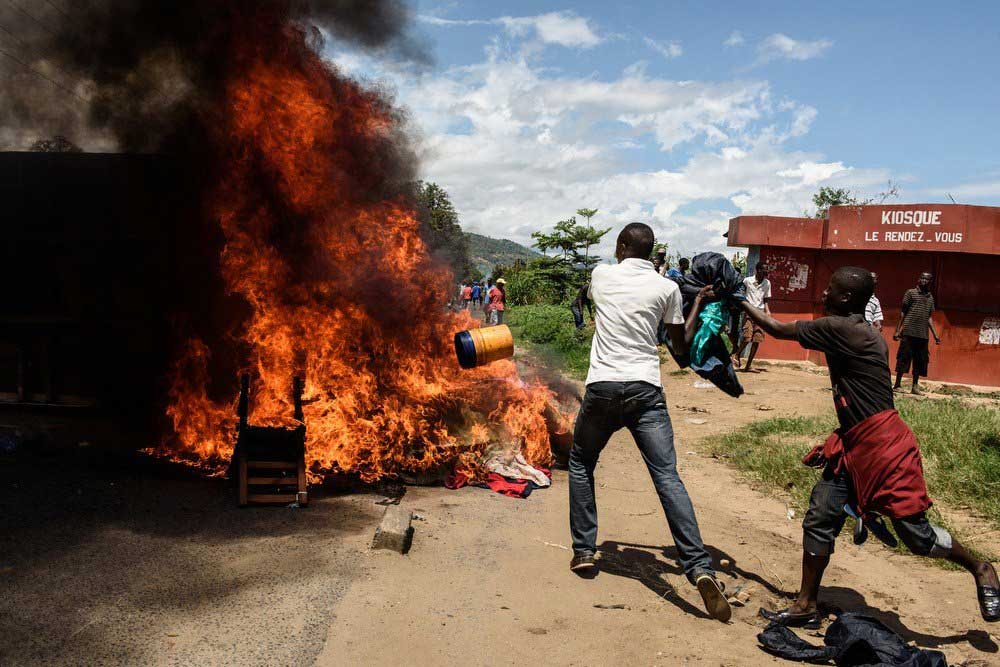
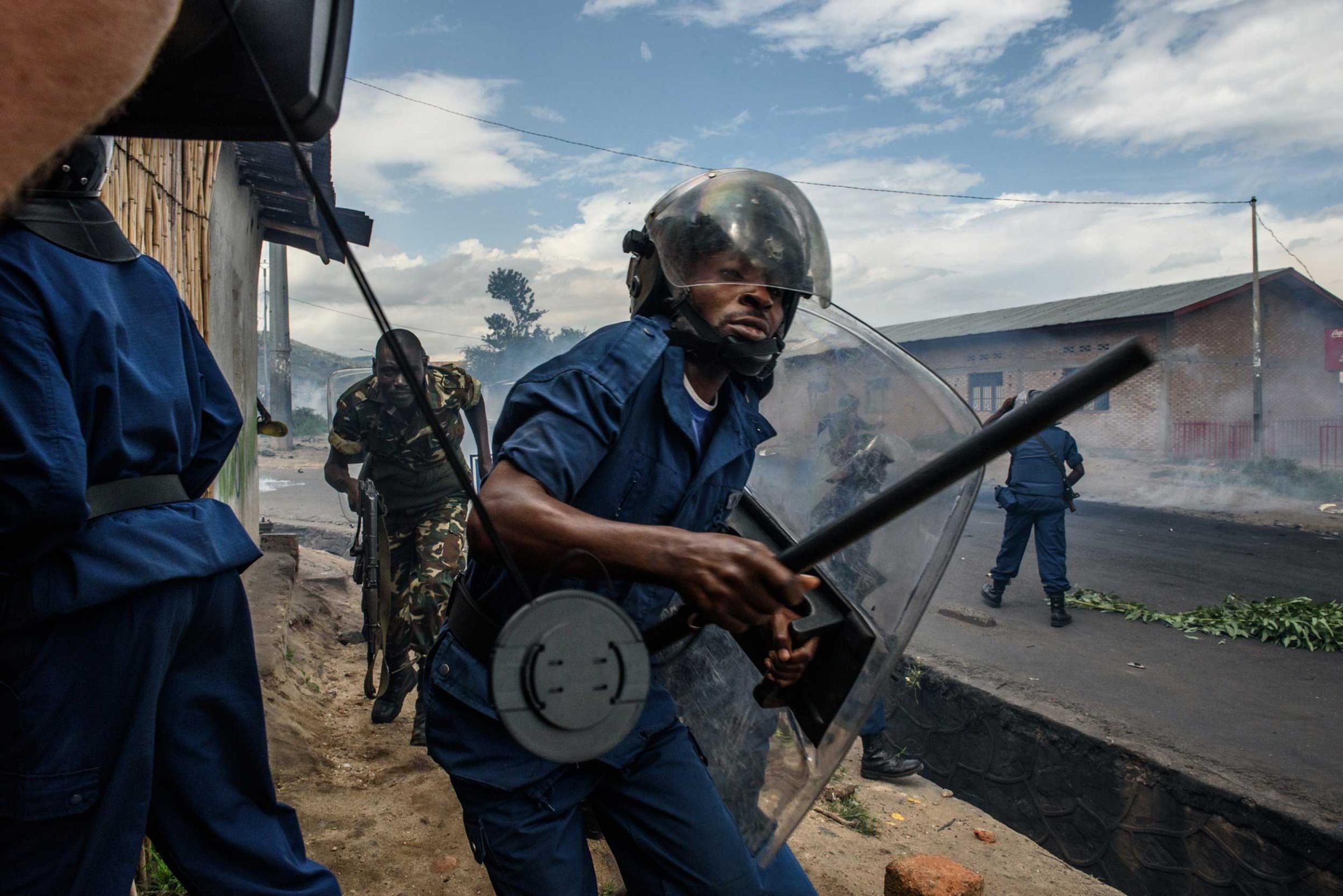
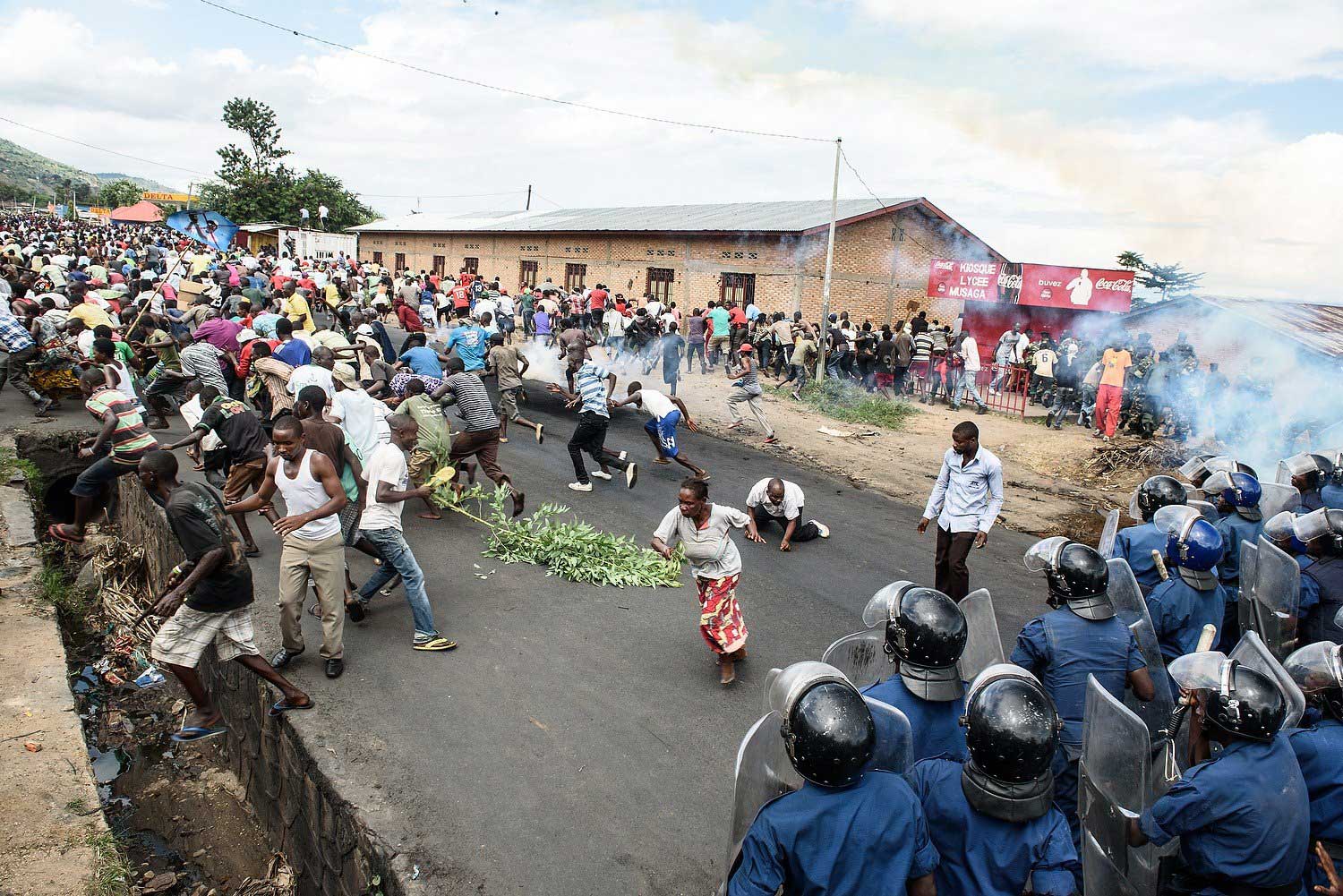
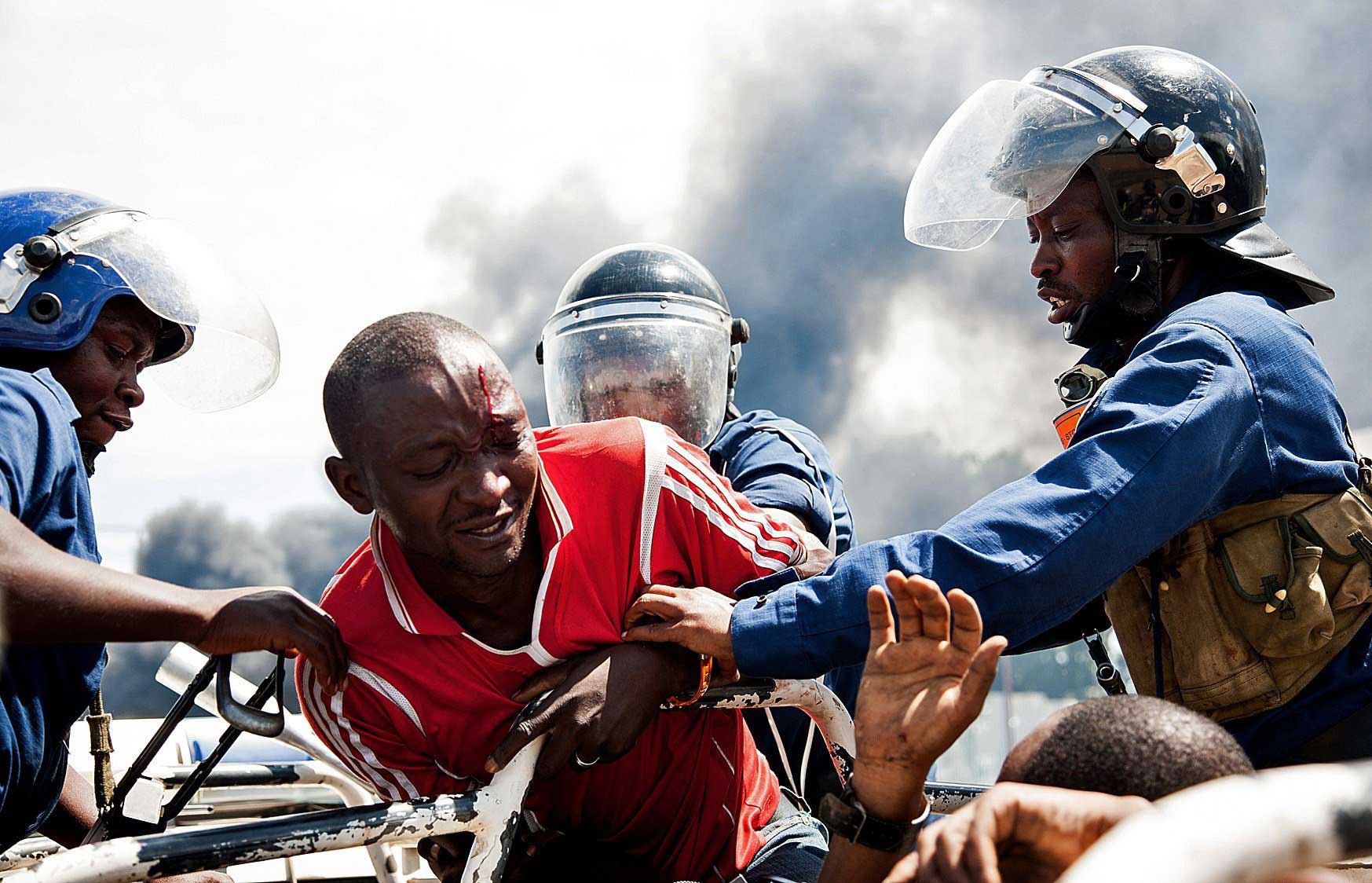
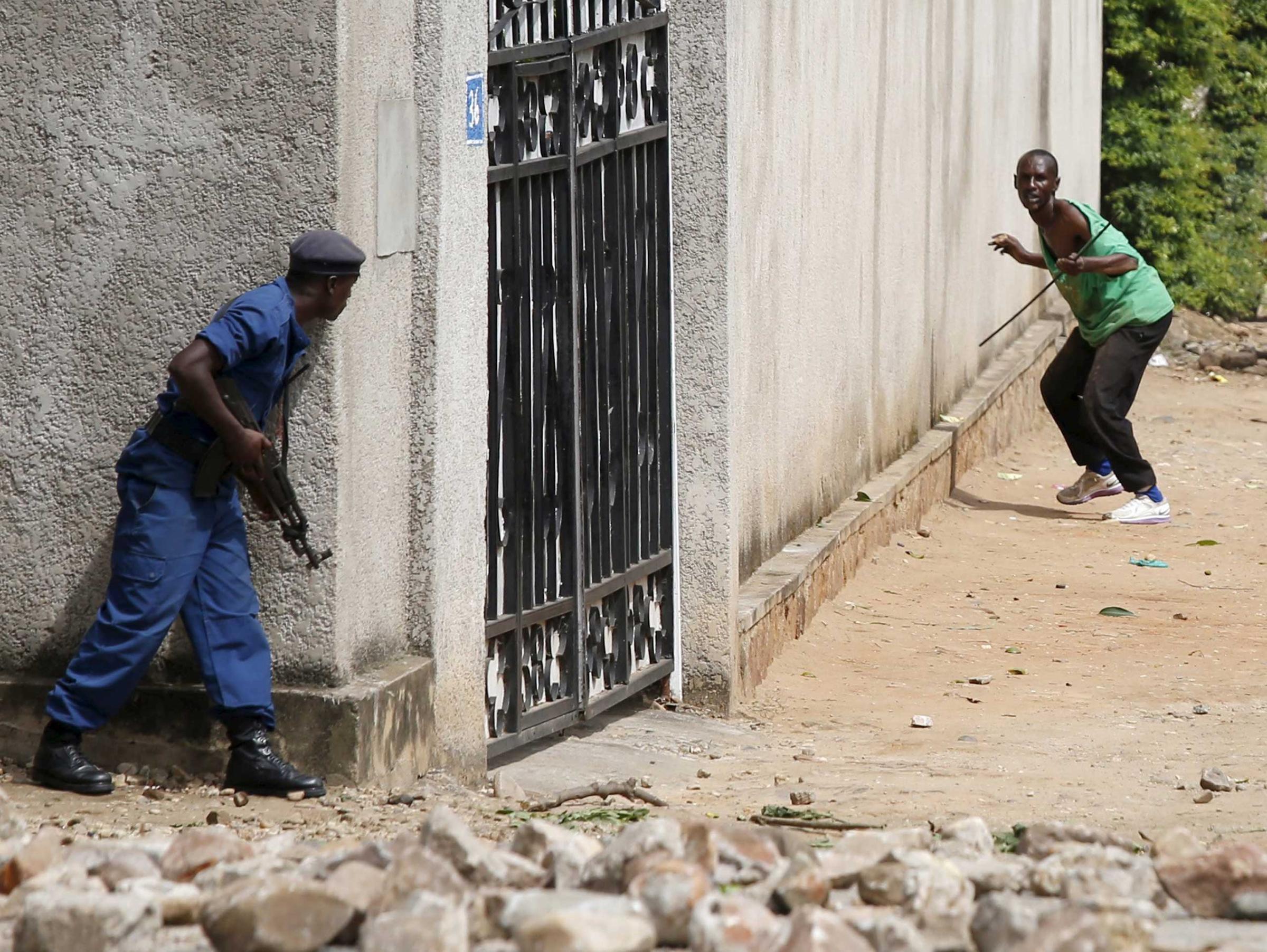
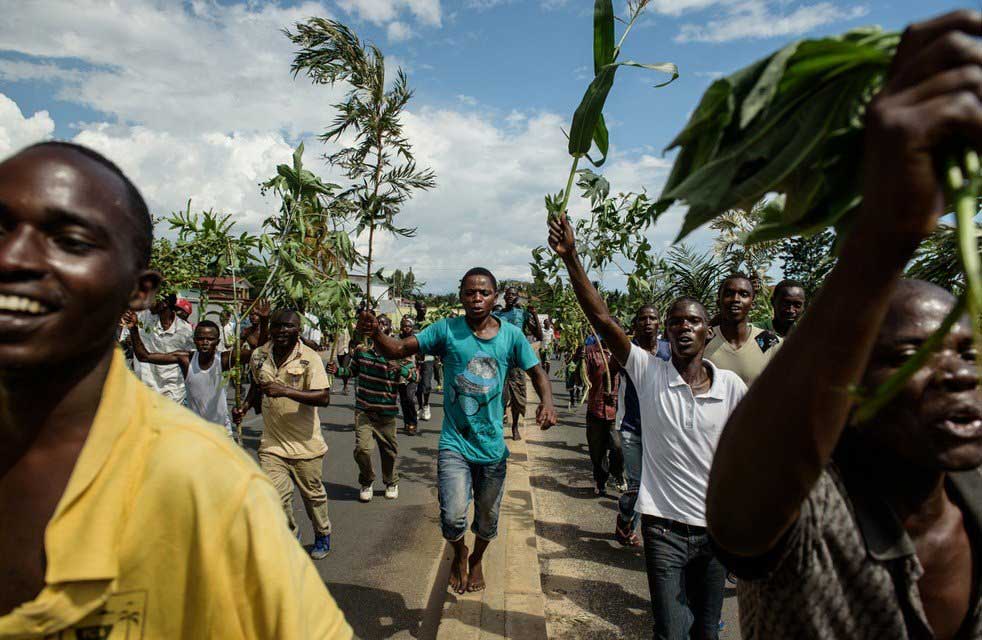
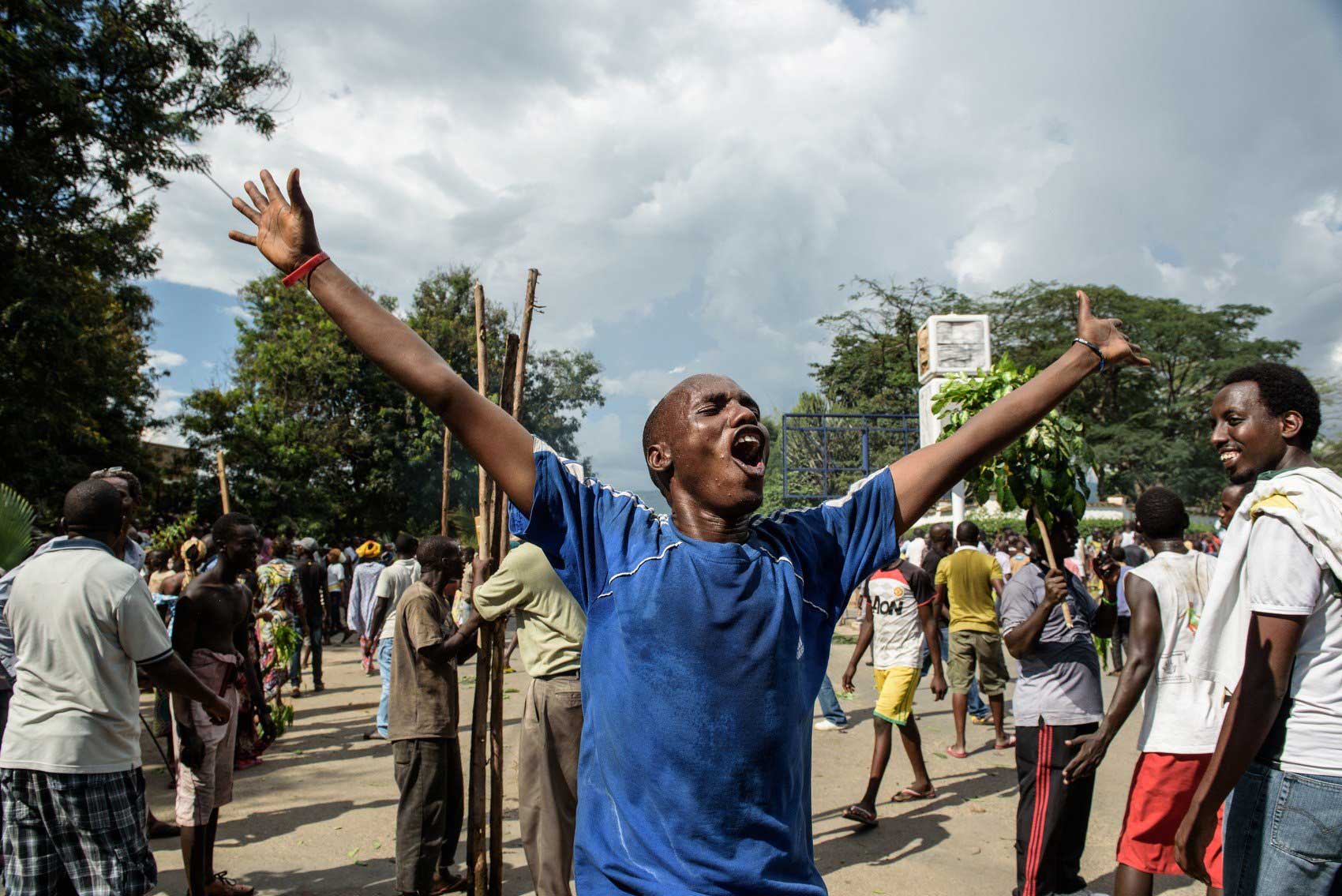
In announcing his overthrow of the government on Wednesday, Niyombare, a former presidential ally, insisted that he had no intention of holding on to power. He only wanted to work for “the restoration of national unity and the resumption of the electoral process in a peaceful and fair environment,” he said, according to AFP. There is little confidence in Burundi that elections in which the president is a candidate will be free from rigging. The United States, the European Union and the United Nations have criticized Nkurunziza’s attempt to hold on to power, but they also decried the coup attempt. In a statement, U.N. Secretary-General Ban Ki-moon condemned “attempts to oust elected governments by military force,” while urging respect of Burundi’s constitution.
President Nkurunziza has yet to address the nation, but his office released a message on Friday: “President Nkurunziza is back in Burundi after the attempted coup. He congratulates the army, the police and the Burundian people.” Burundian police say they are keeping the detained plotters alive so that they can stand trial. The elections are still scheduled to go ahead, but it is not clear that tensions have calmed enough to allow for a serious campaign. President Nkurunziza may have emerged unscathed this time, but the widespread support for the attempted coup should be enough to make him think twice about running for a third term that much of the nation, and the world, deems illegal.
More Must-Reads from TIME
- Donald Trump Is TIME's 2024 Person of the Year
- Why We Chose Trump as Person of the Year
- Is Intermittent Fasting Good or Bad for You?
- The 100 Must-Read Books of 2024
- The 20 Best Christmas TV Episodes
- Column: If Optimism Feels Ridiculous Now, Try Hope
- The Future of Climate Action Is Trade Policy
- Merle Bombardieri Is Helping People Make the Baby Decision
Contact us at letters@time.com